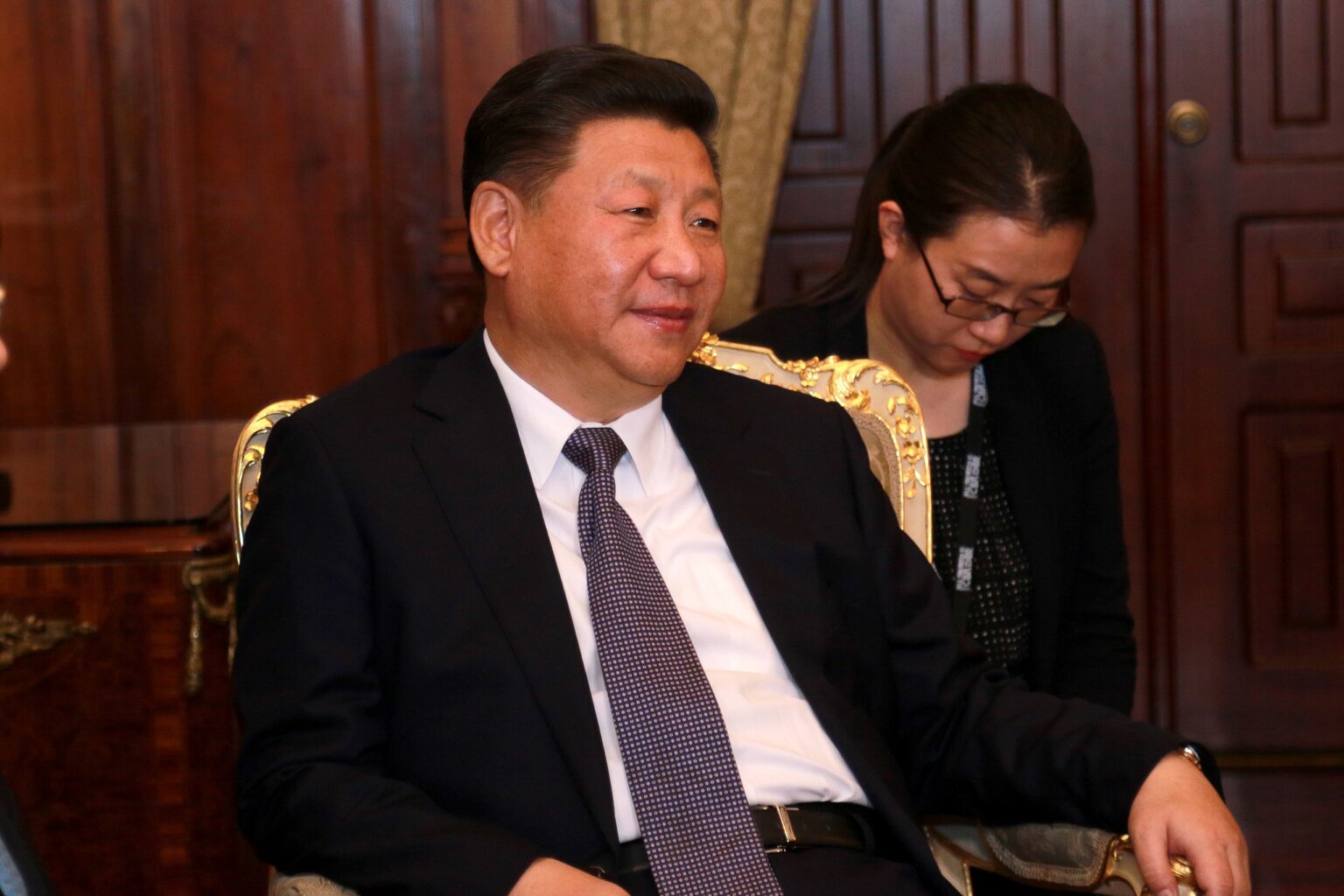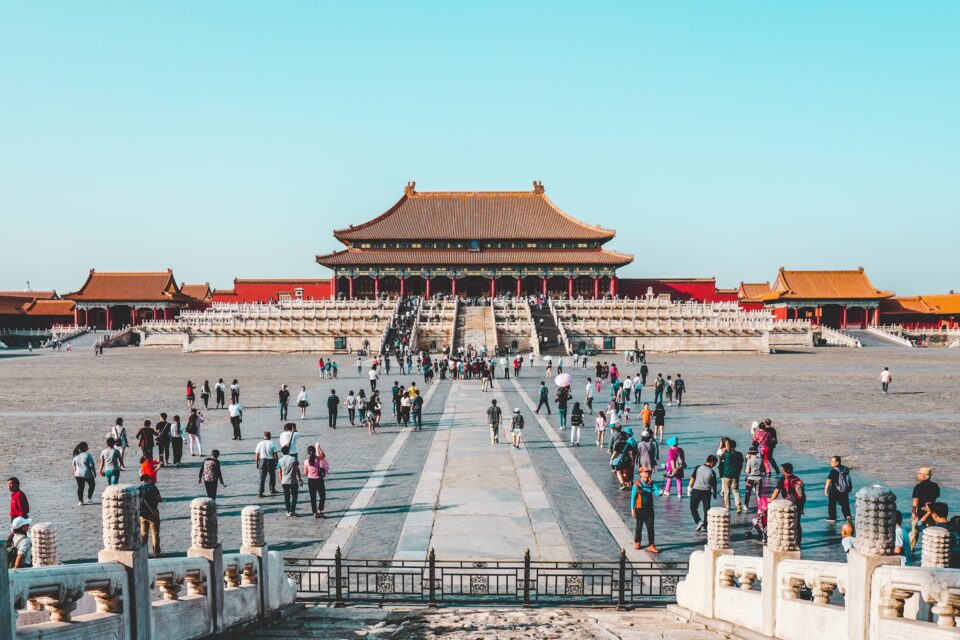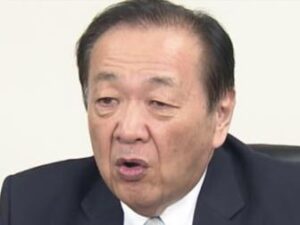The amendment to the Anti-Spying Law, the contents of which were presented at the end of last year, significantly expands the definition of espionage to include “the provision or theft of documents, data, materials, or articles related to national security and interests,” in addition to “the provision of state secrets,” which had been the subject of previous crackdowns.
In addition, cyber-attacks by spy organizations and their affiliates on national institutions and critical infrastructure are now considered espionage, something that was not included in the draft amendment presented at the end of last year, while the phrase “other espionage activities,” which had been pointed out for its arbitrary operation before the amendment, remains.
The proposed amendment refers to “national security and interests,” which of course means, in other words, “any act that interferes with the security and interests of the Communist Party rule,” or more specifically, “any act that threatens the stability of the Xi regime in any way,” and the targets of such acts are foreigners and Chinese citizens. And from this revision of the anti-espionage law, the Xi administration today has two main enemies: the United States, Japan, and Taiwan, which are in security conflict with China.
While the Taiwan contingency has recently been called for both at home and abroad, with the military power of the U.S. and China in a struggle and the military environment around Taiwan said to be tilting in China’s favor, the Xi administration absolutely does not want information and strategies related to military and security affairs to flow to the opposing countries. As the confrontation with the U.S. grows more acute, the Xi administration is more concerned than ever about domestic espionage activities, and it is certain that the surveillance of foreign nationals and interests in China will become even stronger.
Another enemy is the growing domestic anti-regime discontent. Today’s Xi’s regime faces not only enemies from outside the country, but also from within, as three years of a thoroughgoing zero-corruption policy has severely restricted the economic activities of Chinese companies, which has also contributed to a slowdown in the country’s economic growth rate. Economic disparities within the country are also widening, and economic and social dissatisfaction with the Xi administration and Communist Party rule is growing within China. Just as the Communist government has in the past allocated more money to security than to defense, today’s Xi administration is highly wary of enemies from within the country, and the latest amendments to the anti-espionage law are also aimed at the Chinese people.
For example, in April, a Shanghai-based court sentenced a Chinese woman to five years in prison after she was arrested for filming People’s Liberation Army facilities and illegally providing them to outsiders. Chinese authorities say the woman photographed military installations at the request of foreign personnel and received compensation in return, but beyond that, the story is veiled.
Also in April, a man was sentenced to three years in prison after he was arrested for blaming the Chinese government’s response to the spread of the new corona outbreak on social networking sites. At the time, this man was criticizing the Chinese government, saying that the new corona outbreak was a man-made disaster, after reporting on the disastrous medical situation in Wuhan, which was said to be the site of the corona outbreak, and was subsequently detained by security authorities and disappeared.
Of course, the revised Anti-Spying Law does not intentionally detain Japanese nationals. However, there is no doubt that relations between Japan and China have become increasingly strained due to the U.S.-China confrontation and the worsening situation over Taiwan. And given the reality that the revised Anti-Spying Act will be interpreted politically rather than legally, we should seriously consider the risk that the number of Japanese nationals in China will increase in the future.










